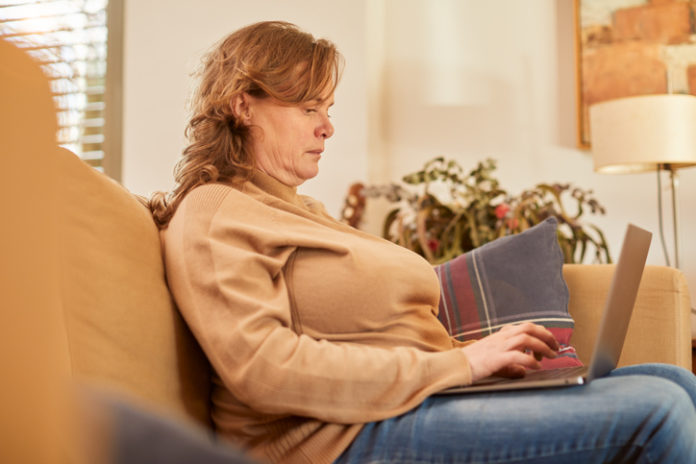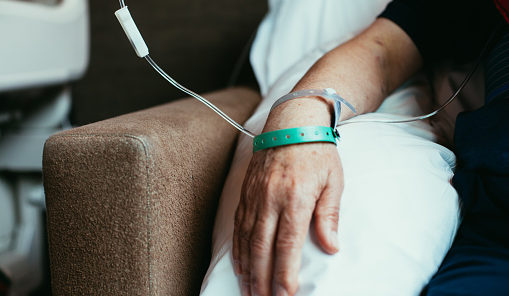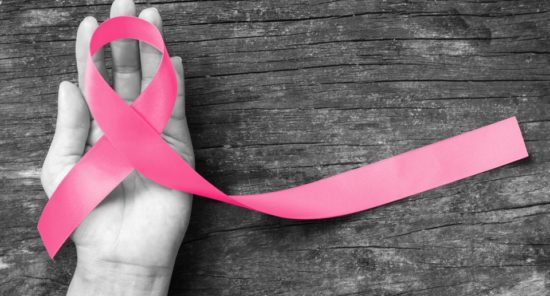Previously active survivors of breast cancer are reporting lower levels of physical activity during the COVID-19 pandemic, according to a study.
Exercise and maintaining a healthy body weight are both important during and after cancer treatment because they both play a role in outcomes such as fatigue, depression, physical capacities, and more.
“Since the literature of the past two decades has provided evidence that supports the practice of physical activity during and after cancer treatment and that physical activity helps to prevent neoplastic recurrence, it is of utmost importance to develop public health strategies to encourage this practice,” the researchers explained.
The study surveyed participants in Remama, a group canoeing training project at the University of São Paulo. All Remama participants had completed their breast cancer treatment and were aged between 35 and 75 years. Those with metastatic disease, severe lymphedema, organic dysfunction, and uncontrolled risk factors such as hypercholesterolemia, diabetes, and hypertension were excluded.
Before the pandemic, participants were given a booklet with physical activity recommendations per World Health Organization recommendations. In light of the COVID-19 pandemic, with fewer options available for places to exercise, participants were encouraged to increase their activity at home.
In September 2020, participants were given an online survey; 37 people responded. The group’s mean age was 57 years, and most were aged older than 55 years.
More than half of participants gained weight (n=22), with a median of 3.75 kg (range, 1-15 kg). Thirty-three participants reported lower levels of activity due to the pandemic. Half of participants said they were sitting for more than two consecutive hours during the week (n=20) and over the weekend (n=1). The only statistically significant factor associated with difficulty engaging in physical activity was having undergone more than three cancer treatments.
“In our study, most women reported they preferred outdoor activities, and the majority considered outdoor spaces especially important for physical activity. However, due to the pandemic, the health authorities restricted these outdoor activities. This may have been one of the contributing factors to our results,” the researchers noted.
The study was published in Frontiers in Physiology.
The authors concluded that “our study calls for tailored-care interventions and alternative ways of delivering supervised exercise to cancer survivors during the COVID-19 pandemic and beyond.”
Credit: Original article published here.










